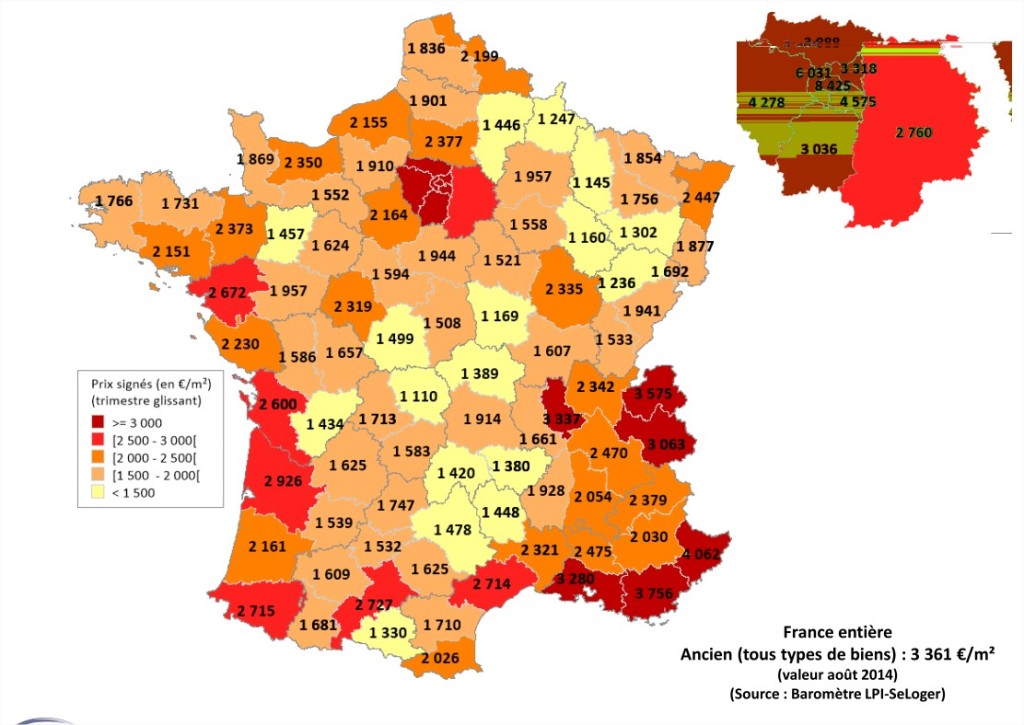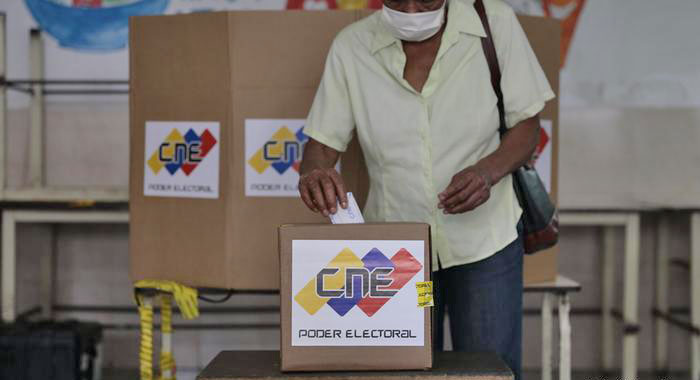France's Immigration Crisis: The Île De Sein Plan And Its Implications

Table of Contents
The Île de Sein Plan: A Detailed Overview
The Île de Sein Plan proposes transforming the small, remote island of Île de Sein off the coast of Brittany into a processing and integration center for immigrants arriving in France. The plan envisions a controlled environment where asylum seekers and economic migrants can be housed, processed, and potentially integrated into French society. The island's limited size and isolated location are central to the plan's proponents' arguments, suggesting it offers a contained space for managing the immigration process. The exact capacity and the specific types of infrastructure required remain largely unspecified, leading to further uncertainty and criticism.
- Intended Impact: The plan aims to streamline the asylum process, improve the management of immigration flows, and potentially reduce the strain on mainland resources.
- Target Immigrants: While the plan's specifics remain unclear, it is presumed to target both asylum seekers and economic migrants arriving in France.
- Logistical Aspects: The plan would require significant investment in housing, infrastructure (including healthcare and education facilities), and essential resources to support a potentially increased population on the island. The practicality of transporting sufficient supplies and personnel to the remote location also presents a major challenge.
Arguments For the Île de Sein Plan
Supporters of the Île de Sein Plan highlight several potential benefits:
- Controlled Immigration and Integration: The plan advocates for a more controlled and structured approach to immigration, potentially facilitating a smoother integration process for newcomers.
- Improved Asylum Claim Management: Proponents argue that a centralized processing center could expedite the asylum claim process, providing quicker and more efficient handling of individual cases.
- Reduced Strain on Mainland Resources: By relocating processing to Île de Sein, the plan aims to alleviate pressure on resources and infrastructure in mainland France.
- Economic Benefits: Some proponents suggest that the plan could generate economic activity on Île de Sein, creating jobs and stimulating the local economy through the influx of new residents and associated spending.
Arguments Against the Île de Sein Plan
Critics of the Île de Sein Plan raise several serious concerns:
- Ethical Concerns: The plan has drawn strong criticism for its potential to isolate immigrants, creating a sense of confinement and separation from mainstream French society. Ethical questions around human rights and the potential for discriminatory practices are at the forefront of these concerns.
- Logistical Challenges and Financial Burdens: The significant logistical and financial costs associated with establishing and maintaining such a center on a remote island are considerable. The feasibility of providing adequate resources and services in a challenging environment remains a major question.
- Potential for Social Unrest: The introduction of a large number of immigrants to a small island community could potentially lead to social tensions and unrest among existing residents.
- Questions of Long-Term Sustainability and Integration: Critics question the long-term sustainability of the plan and its potential to successfully integrate immigrants into French society, particularly given the isolation of Île de Sein.
The Île de Sein Plan in the Broader Context of French Immigration Policy
The Île de Sein Plan must be considered within the framework of existing French immigration laws and policies. France, like many European nations, faces considerable pressure related to both legal and illegal immigration. The plan represents a departure from existing approaches, which primarily focus on processing asylum claims and managing immigration at various points of entry across the mainland.
- Relevant French Immigration Laws and Regulations: The plan's legality and compliance with existing French immigration law and the European Union's asylum regulations are crucial aspects requiring careful consideration.
- Influence on Future Immigration Policy: The plan’s success or failure could significantly influence the direction of future French immigration policies. A successful implementation might inspire similar initiatives, while failure could lead to a reassessment of such approaches.
- Political Implications: The Île de Sein Plan is highly politicized, with strong opinions expressed across the political spectrum. Its success hinges not only on logistical feasibility but also on securing widespread political support and public acceptance.
Public Opinion and Media Coverage
Public reaction to the Île de Sein Plan has been sharply divided. Media coverage has ranged from cautiously optimistic articles highlighting the potential for managed integration to highly critical pieces condemning the plan as unethical and impractical.
- Key Media Narratives: Media outlets have emphasized both the potential benefits and the serious drawbacks, often reflecting the polarized political climate surrounding the issue.
- Public Opinion Polls and Surveys: While comprehensive public opinion data may be limited at this stage, available polls and surveys likely reveal a significant divergence of views.
- Role of Social Media: Social media platforms have played a significant role in shaping public discourse, amplifying both positive and negative opinions related to the plan.
Conclusion
The Île de Sein Plan represents a bold, if controversial, attempt to address France's complex immigration crisis. While proponents argue it offers a solution for controlled immigration and improved processing, critics raise serious ethical concerns and question its logistical feasibility and long-term sustainability. The plan's success hinges on successfully addressing the significant logistical, financial, ethical, and political challenges it faces. The Île de Sein Plan debate highlights the inherent complexities of immigration management and the need for careful consideration of all aspects, including the human cost. Continued discussion and critical analysis are vital to finding sustainable solutions to France's immigration challenges. What are your thoughts on the Île de Sein Plan and its implications for the future of French immigration policy?

Featured Posts
-
 Eu Austerity And The Exodus Of European Citizens
May 19, 2025
Eu Austerity And The Exodus Of European Citizens
May 19, 2025 -
 Uk Eurovision Host Pulls Out Hours Before Grand Final
May 19, 2025
Uk Eurovision Host Pulls Out Hours Before Grand Final
May 19, 2025 -
 Dessert Francais Facile Realiser Un Salami Au Chocolat
May 19, 2025
Dessert Francais Facile Realiser Un Salami Au Chocolat
May 19, 2025 -
 Carte Des Prix Immobiliers Consultez L Evolution Des Prix Des Maisons En France
May 19, 2025
Carte Des Prix Immobiliers Consultez L Evolution Des Prix Des Maisons En France
May 19, 2025 -
 Actor Miles Caton Eyes Spider Man Role In Marvel Cinematic Universe
May 19, 2025
Actor Miles Caton Eyes Spider Man Role In Marvel Cinematic Universe
May 19, 2025
Latest Posts
-
 Ultimo Dia Para Registrarse Cne Y Candidatos Sin Primarias
May 19, 2025
Ultimo Dia Para Registrarse Cne Y Candidatos Sin Primarias
May 19, 2025 -
 Registro De Candidatos Cne Fecha Final Para No Participantes En Primarias
May 19, 2025
Registro De Candidatos Cne Fecha Final Para No Participantes En Primarias
May 19, 2025 -
 Monitoreo Electoral Por Cohep Aseguramiento De La Integridad Del Proceso
May 19, 2025
Monitoreo Electoral Por Cohep Aseguramiento De La Integridad Del Proceso
May 19, 2025 -
 Cne Establece Plazo Para Inscripcion De Candidatos Independientes
May 19, 2025
Cne Establece Plazo Para Inscripcion De Candidatos Independientes
May 19, 2025 -
 Cohep Y La Observacion Electoral Garantizando Elecciones Justas Y Transparentes
May 19, 2025
Cohep Y La Observacion Electoral Garantizando Elecciones Justas Y Transparentes
May 19, 2025
